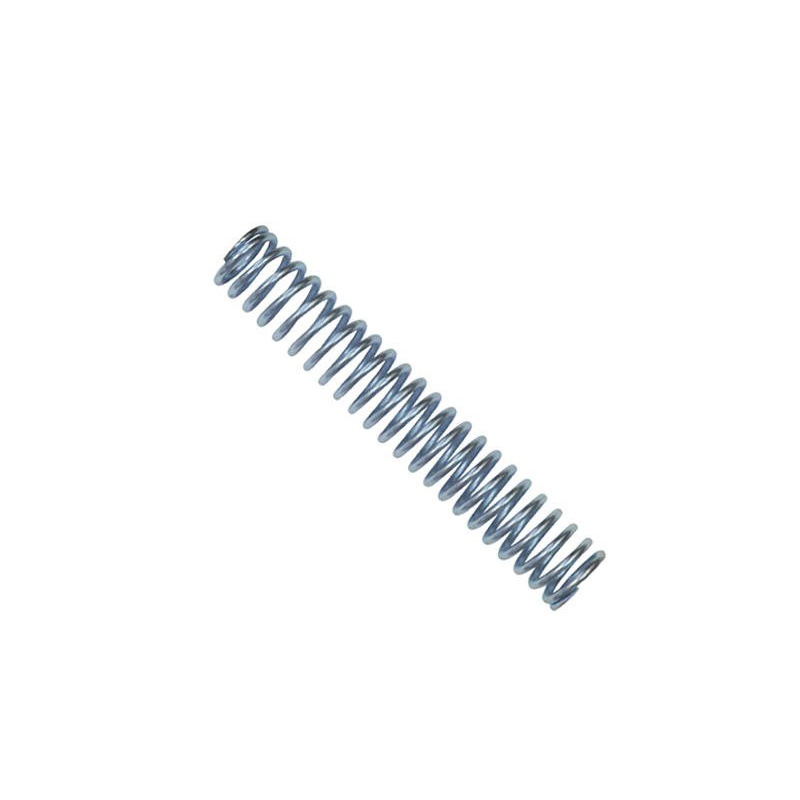
- Mobile Phone
- +8613931874955
- sales@cntcmetal.com
poultry netting
The Benefits and Applications of Poultry Netting
Poultry netting is an essential tool for anyone involved in raising chickens, ducks, or any other type of poultry. This specialized netting not only serves to keep birds safe from potential predators but also provides a durable, flexible environment that promotes their health and productivity. In this article, we will explore the various benefits and applications of poultry netting, highlighting its importance in the poultry industry and backyard farming.
Understanding Poultry Netting
Poultry netting, often made from high-density polyethylene or other sturdy materials, is designed to create a protective barrier for poultry. It comes in various sizes, mesh types, and strengths, allowing farmers and hobbyist poultry keepers to choose the most suitable option for their specific needs. The netting is typically lightweight yet durable and can be used in a variety of settings, both indoors and outdoors.
Predator Protection
One of the primary reasons for using poultry netting is to protect birds from predators. Raccoons, foxes, hawks, and other animals can pose significant threats to poultry, especially when they are allowed to roam freely. By enclosing the poultry yard or coop with netting, farmers can significantly reduce the risk of predation. The finer mesh options can even deter smaller threats, ensuring the safety of chicks and vulnerable birds. This added layer of security allows poultry to enjoy more freedom and a larger space without constant supervision.
Enhanced Access to Fresh Air and Sunlight
Poultry netting also provides birds with the opportunity to access fresh air and sunlight while remaining protected. Indoor coops can often feel cramped and stale, leading to stress and potential health issues for the birds. By using netting to create an outdoor run, poultry can experience natural behaviors such as scratching, foraging, and socializing. Exposure to sunlight also contributes to the production of Vitamin D, which is essential for the overall health of poultry, bolstering their immune systems, and enhancing egg production.
poultry netting

Flexibility and Versatility
One significant advantage of poultry netting is its versatility. It can be easily configured to suit various setups, from small backyard coops to larger commercial poultry farms. Depending on the requirements, netting can be used to create temporary enclosures for stress-free pasture-raised poultry or permanent setups for long-term housing. Additionally, the netting can easily be moved or adjusted as needed, making it a flexible option for farmers who want to rotate their birds or change their grazing areas.
Cost-Effectiveness
Investing in poultry netting can be a cost-effective solution for poultry keepers. Compared to building solid enclosures, netting is generally less expensive and easier to install. This affordability makes it accessible for hobbyists and larger-scale producers alike. Moreover, protecting birds from predators can save money in the long run by reducing losses due to predation and ensuring a healthier flock that produces more eggs or meat.
Environmental Ramifications
Using poultry netting can also have positive environmental implications, particularly for those raising birds in a sustainable or organic manner. By allowing poultry to forage in a controlled area, farmers can naturally manage pests and weeds while reducing the need for chemical treatments. This grazing behavior can enhance soil quality by promoting the natural cycle of nutrients, leading to healthier ecosystems in agricultural settings.
Conclusion
Poultry netting is an invaluable resource for anyone involved in poultry farming or backyards. Its ability to provide predator protection, promote growth through access to natural elements, and its cost-effectiveness make it an essential tool in the poultry industry. As more individuals and families turn to sustainable farming practices, poultry netting presents a practical solution for raising healthy birds while minimizing environmental impact. Whether for small-scale homesteading or larger agricultural endeavors, the benefits of poultry netting cannot be overstated, contributing to the overall welfare and productivity of poultry.
share:
-
Why Sacrificial Formwork Is Redefining Underground ConstructionNewsJun.06,2025
-
The Structural Dynamics of Modern Concrete: How Snake Spacers Revolutionize Flexible ReinforcementNewsJun.06,2025
-
Snake Spacers Smart-Lock Concrete Reinforcement with Surgical PrecisionNewsJun.06,2025
-
Snake Spacers: Reinforcement Precision for Modern Concrete ProjectsNewsJun.06,2025
-
Snake Spacers Powering Concrete's Structural DNANewsJun.06,2025
-
Slither into Success: Snake Spacers' Precision Bite for Unbreakable ReinforcementNewsJun.06,2025
-
Sacrificial Formwork: Building Stronger, Faster, and Safer StructuresNewsJun.06,2025



















